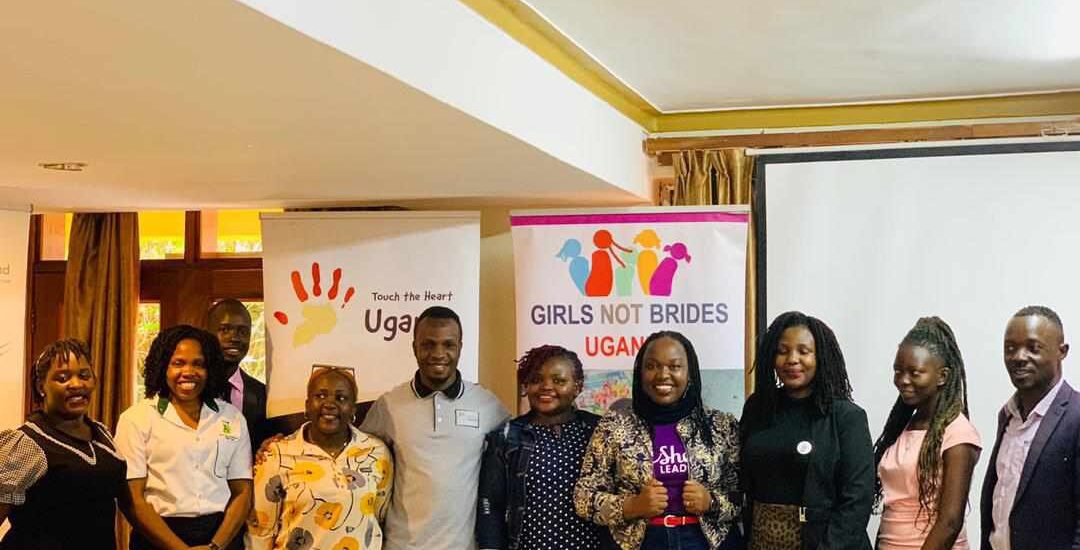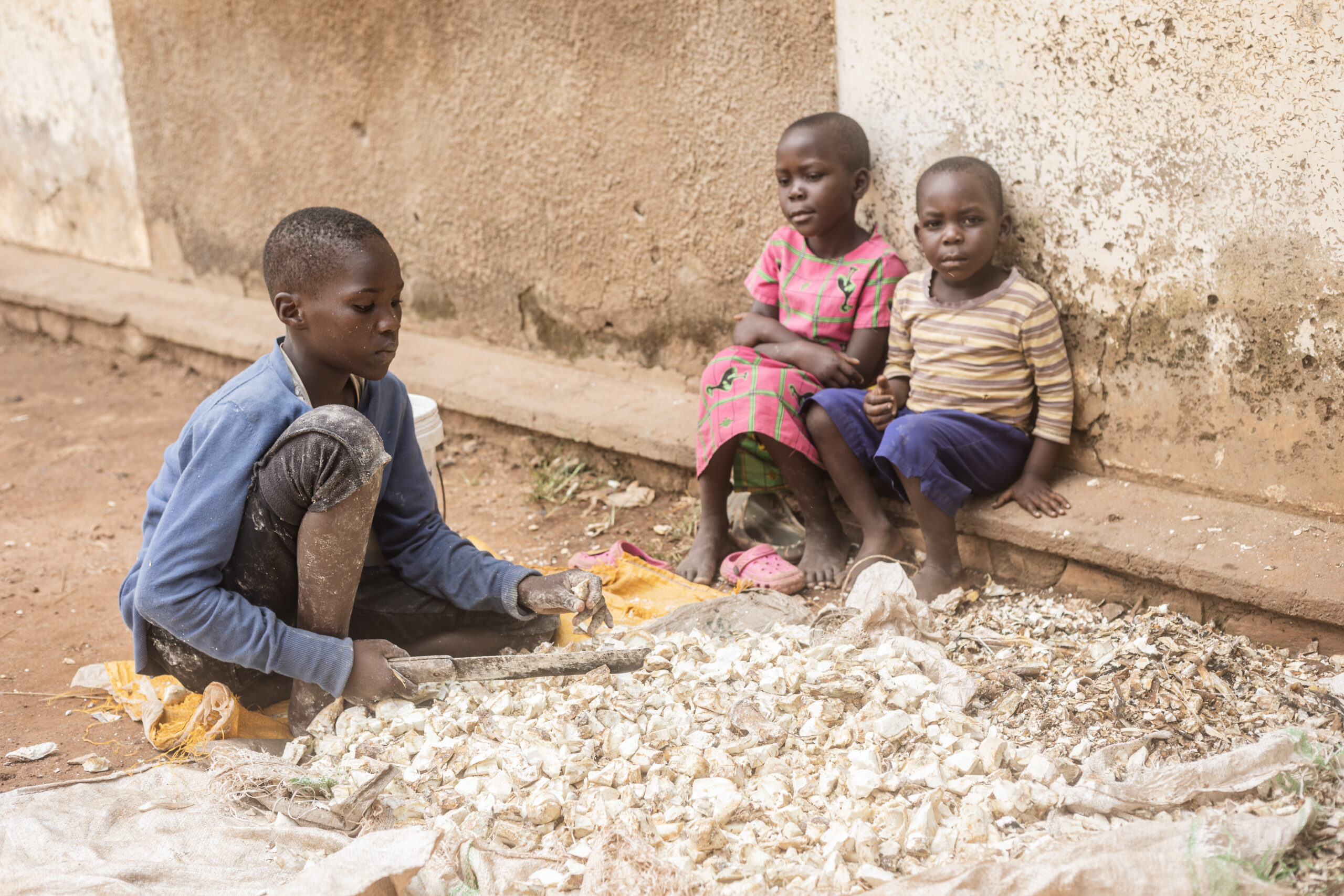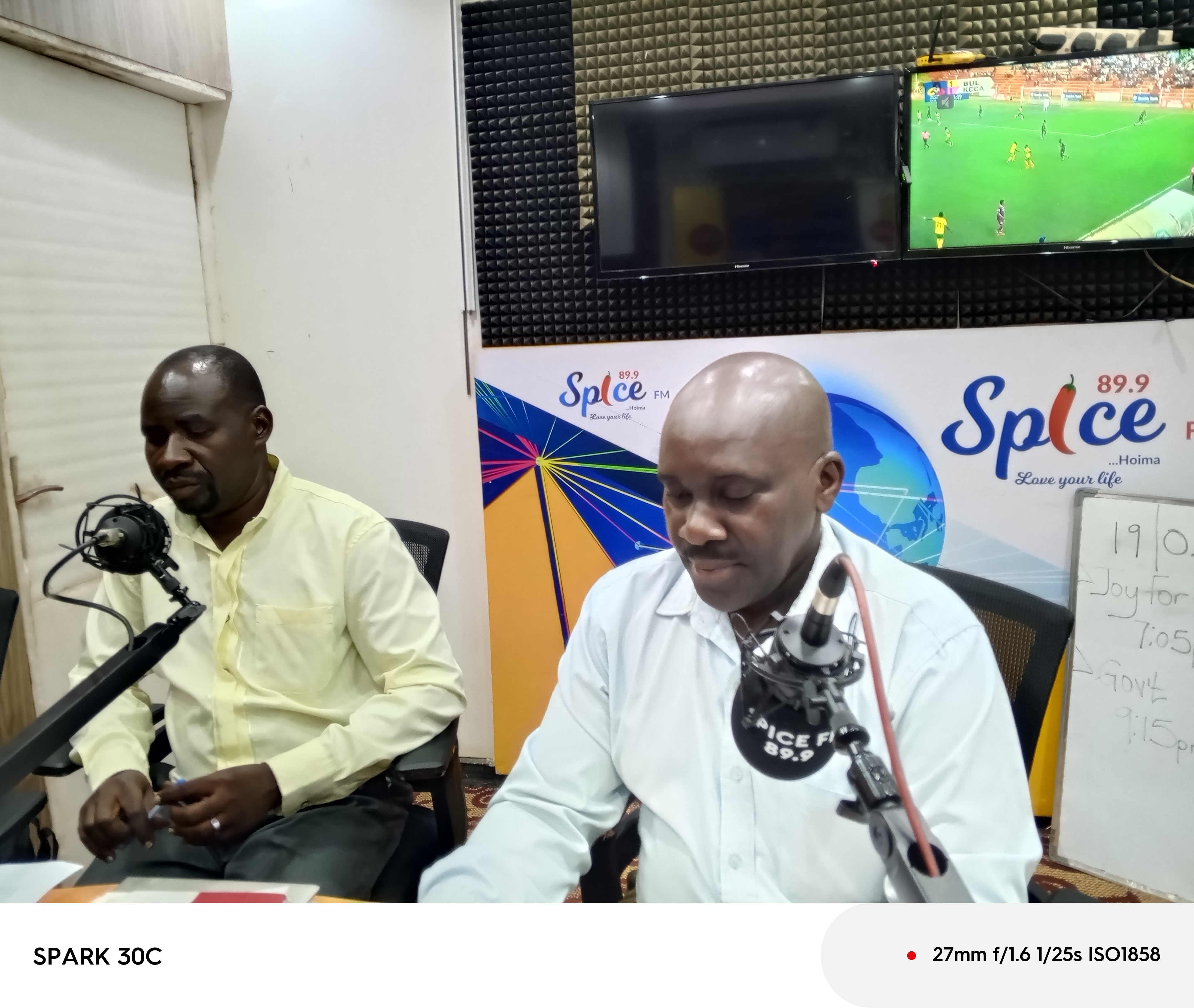This Experience and learning sharing workshop was hinged on the Girls Not Brides Uganda’s principle among others of sharing success stories and learning on what’s working to improve the lives of girls.
The workshop was held on 28th April,2023 in Wakiso district to provide local data and knowledge to inform actor’s advocacy initiatives. The workshop was participatory in approach through convening GNBU central region members and other partners to generate and share local knowledge and best approaches and practices that can be accepted and or adapted by other actors to end child marriages in Uganda.
The hybrid event and attracted 18 GNBU members (10 youth led, 5 women led ,2 CBOs and 01 WWDs), district officials (Probation officers, Police in charge of family and children unit, gender in charge, CDOs) and other partners working to address child marriage (Plan International Uganda, Save the Children Uganda, Trailblazers Uganda, Ministry of Gender Labour and Social Development, Girls First Fund grantees and members from other networks physically and over 20 participants virtually.
A number causes of child marriages and teenage pregnancies were identified during the workshop and those mentioned are; high level of chronic poverty of parents , peer pressures, cultural norms, low literacy levels of parents, Covid 19 impacts, Rooted negative cultural practices, Poverty (parents negotiating with abusers for bride price),culture of silence –many cases are going unreported, domestic violence and Peer pressure, Ignorance and lack of essential needs like sanitary pads, clothes, food by the girls. There’s a lot of helplessness in the community especially as effects of Corona pandemic and Inadequate Sexual Reproductive Health services.
Some of the best practices highlighted to end child marriages and teenage pregnancies
were to meaningfully engage young people and adolescents in all stages of programming,
local fundraising, documentation of intervention, effective communication to increase visibility of members’ interventions, strengthening partnerships for easy referrals and coordinated advocacy and the participants adopted a consolidated work plan that will be collectively implemented by the central region.






